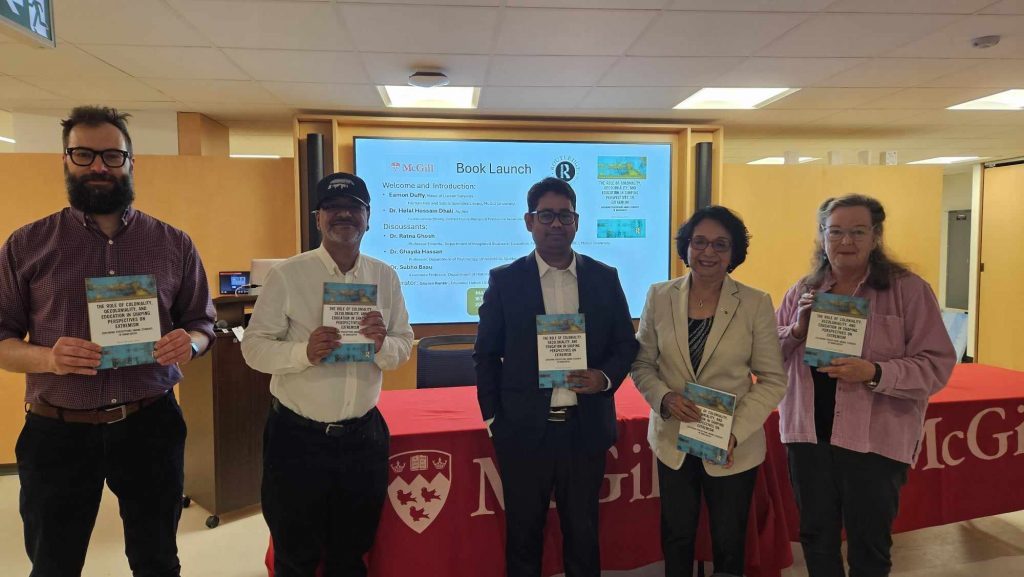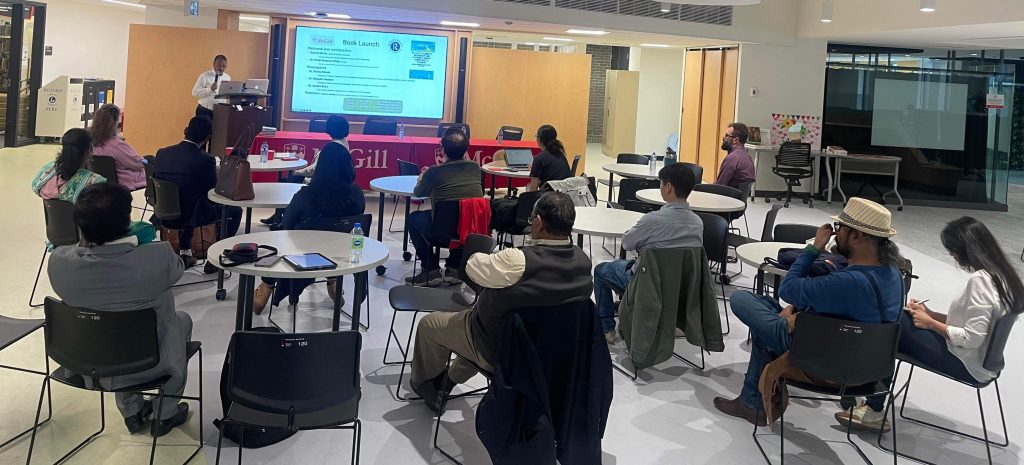Periodicals are publications released at regular intervals (weekly, monthly, quarterly) that provide current information on various subjects. Periodicals can commonly refer to anything from scholarly journals, professional or trade magazines, popular magazines, to newspapers. For students and researchers, periodicals are vital resources for staying up-to-date with recent developments, finding in-depth analyses, and accessing peer-reviewed research.
Types of Periodicals
- Scholarly Journals: These are peer-reviewed publications containing articles written by experts in academic or professional fields. They include citations and bibliographies and are aimed at researchers, scholars, and professionals.
- Popular Magazines: These are generally written for a general audience and contain shorter articles on various topics. They include advertisements and are not typically peer-reviewed.
- Trade Publications: These focus on news, trends, and practical information for professionals in a specific industry.
- Newspapers: Provide daily or weekly news and articles on a wide range of topics, including current events, politics, and culture.
Which one to use completely depends on your research purpose, but as a university student, you will rely heavily on journals while doing research.
Finding Journals at the McGill Libraries
The McGill Libraries offer various tools and resources to help students and researchers locate periodicals. The Sofia Discovery Tool, sometimes referred to as WorldCat, is a comprehensive search tool that allows users to find articles, books, media, and more across McGill’s collections. If you are looking for a specific journal, you can search using the title. Include double quotes around the title of the journal for better results (ex. “Journal of Canadian Studies”). Under Format, select Journal, magazine to see only journals in the results list. For journals that are available online, under Format select eJournal/eMagazine. To find periodicals related to a specific subject, you can use keywords, titles, or subjects and then filter the results to show only articles or journals using the same filter as previously (Under Format, select Journal, magazine). Here also you can filter the search to only view journals that are available online. For more specialized searches, using databases might be more effective.
In addition, the McGill Libraries provide access to numerous databases, both multidisciplinary and subject-specific, and subject guides curated by liaison librarians, offer tailored recommendations for databases, journals, and other resources relevant to specific fields of study.
Accessing and retrieving Periodicals
- Online Access: if McGill has online access, periodicals will be available to access electronically. Once you locate the desired article or journal via Sofia or a database, you can access it online if it has the Access journal link.
- Print Access: If a journal is only available in print, you can retrieve it from the library’s physical collections. The library also offers scanning services and interlibrary loans if a specific article or journal issue is not available at McGill. Make sure to note the library branch and call number since you will need that information to locate the print journal.
Getting Help
If you need assistance finding or accessing periodicals, McGill Libraries offers various support services, including chat, email, and in-person help from librarians. They can guide you through the search process, recommend resources, and help with any technical issues.
For more detailed guidance and resources, visit McGill Library’s Journal Finder and explore their subject guides.


